VIRTUAL COMPONENTS
Climate Change: Artistic Interventions and Alternative Futures - 2025
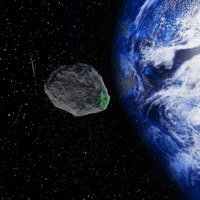
Luca Pozzi, Rosetta Mission 2022, VR Installation, 2022
Rosetta Mission 2022 is a multi-user VR experience created by Luca Pozzi in 2022. It was initially available on Mozilla Hubs and is now available on Spatial. The project is part of a broader body of works, devoted to Comet 67P/Churyumov–Gerasimenko and to Rosetta Mission, a space mission conducted by the European Space Agency (ESA) between 2004 and 2016. The project features contributions from artists, scientists, activists, and communities.
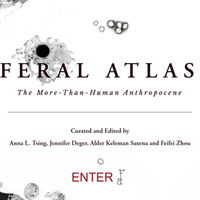
Anna L. Tsing, Jennifer Deger, Alder Keleman Saxena and Feifei Zhou (eds.), Feral Atlas, 2021
Feral Atlas is a digital project that showcases how human-built infrastructures shape and are shaped by nonhuman entities. It features field reports, essays, videos, and artworks from various disciplines and perspectives on feral ecologies around the world.
©2021 Stanford University | ISBN 9781503615045 | DOI 10.21627/2020fa | OCLC 1199012220 | Published by Stanford University Press

Miro Board, 2025
As the program is rooted in interdisciplinary dialogue and collective speculation on ecological futures, an open-access board on Miro, a digital collaboration platform, will be made available to all students and faculty. Participants are warmly encouraged to contribute readings, projects, and visual inspirations related to the topics explored. A Q&A section will allow for questions, comments, and reflections to be shared, reinforcing the Summer School’s collaborative experimental approach to imagining alternative climate futures through art.
Climate Change: Cultural Practices and Socio-Economic Outcomes - 2024
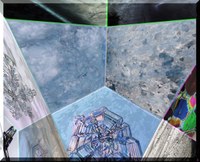
Clea T. Waite, Todd Furmanski, Caleb Foss, Jared Christopher Kelley, Max Orozco, Angelika von Chamier, TesserIce, 4D VR Mediascape, 2024
In TesserIce, participants navigate inside a 4-dimensional tesseract of living ice in which time is a material axis. From the tesseract’s center, they experience space, time, sound, and ice in the unfamiliar geometry of the fourth dimension. Each room within this hyper-architecture presents a different phase and scale of glacial ice.
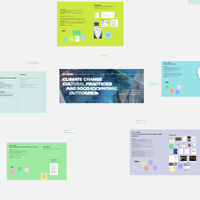
Miro Board, 2024
During the 2024 edition of the Summer School Climate Change: Cultural Practices and Socio-Economic Outcomes, students and faculty accessed a shared open-access board to share resources. Lecture materials were uploaded to ensure open access and continuity, while participants were encouraged to contribute references, case studies, and comments. A dedicated Q&A section allowed for a participatory dialogue, fostering a sense of shared inquiry across disciplins.
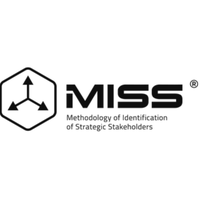
MISS® Methodology of Identification of Strategic Stakeholder
A multi-step procedure together with a toolkit that supports stakeholder analysis of a given social system (an organisation, a project). The modules it comprises allow for the mapping of the system’s environment, the quantification of stakeholders’ mutual impact, the evaluation of stakeholders’ influence on the achievement of strategic goals, and the classification of critical, key and strategic stakeholders for the analysed system. MISS® enables stakeholder prioritisation based on a system’s objectives, as well as defining goals and adjusting their metrics to stakeholders in the system’s broad environment.